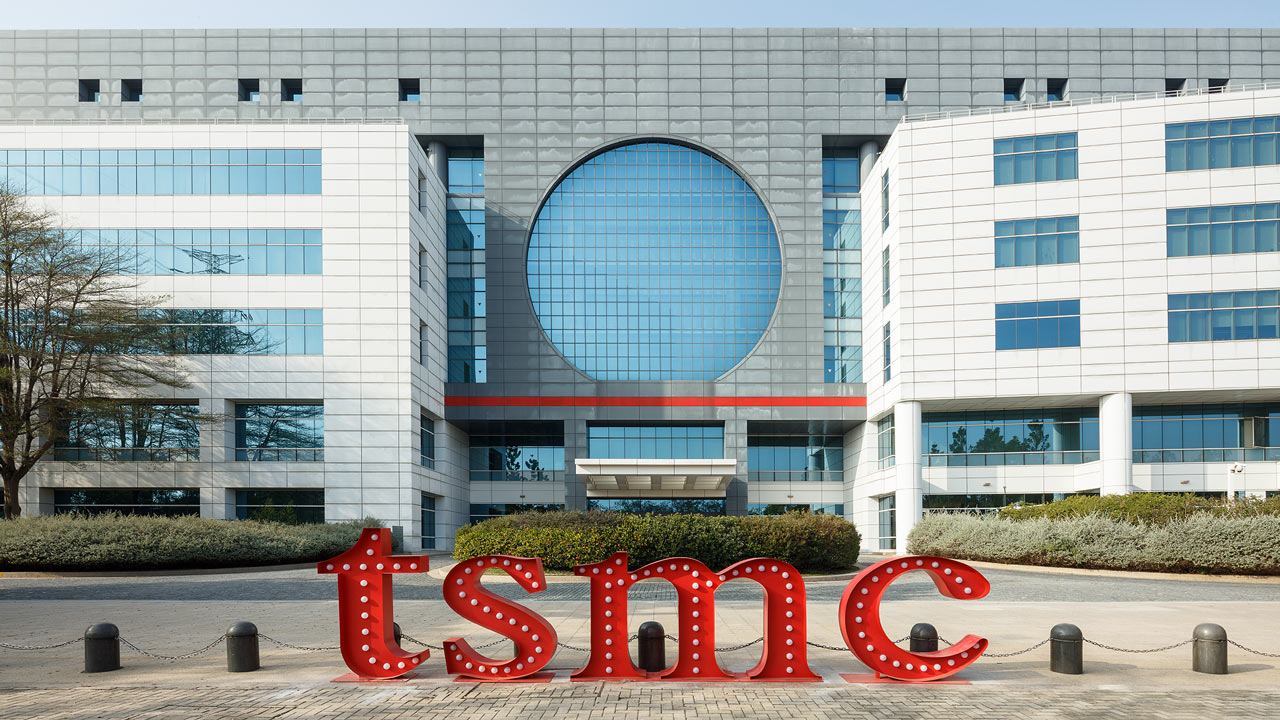
A report citing sources at various IC design houses suggests TSMC is planning price rises for its chip fabs as soon as January 2024. Taiwan’s DigiTimes says that TSMC has been preparing customers for price hikes for quite some time and, depending on factors like order volume, it intends to push prices of advanced process output up between 3 and 6%. These rises would be in addition to the 10 to 20% increase in quotes for 2022, according to the source.
The semiconductor market is very much a rollercoaster, as reflected in headlines over the last year spanning shortages and surplus, plans for closures and expansions, and stock price collapses and surges. TSMC is so pivotal to the tech industry at large that it has been buffered somewhat from the worst of the recent business cycle. There were some indications of lowered confidence in recent months, with talk of recession in many parts of the globe, between the crypto collapse and the AI boom, but TSMC hasn't fared too badly. Now, with customers like Nvidia and Apple pushing for more, newer, and better chips, it is understandable that TSMC should again feel confident enough to dig out its price increase email template.
DigiTimes' sources assert that numerous large clients have been in these price discussions with TSMC. Apparently, TSMC is softening the potential pain from price rises by saying that those that accept the increases will be better placed to reserve production capacity in advance. This tactic should appeal to the most successful customers for whom time is of the essence.

Highly successful tech businesses like Nvidia and Apple will not stray from close TSMC partnerships for the foreseeable future. The question is whether they took these price rises on the chin, or whether they were big enough customers to negotiate special rates better than the reported 3-6% increase on the wider customer base. Other major TSMC advanced process technology customers include AMD, Broadcom, MediaTek and Qualcomm.
Many readers will no doubt be wondering whether a 6% increase in the price TSMC charges to companies like AMD and Nvidia will impact the price of the CPUs, GPUs, or PC systems they buy. Such questions are always hard to answer as there are many other unknown costs moving up (usually) and down, and a product’s bill of materials (BOM) and its relation to the retail price can vary significantly between company and product category. Retail business sellers also have to deal with customer expectations and psychological price targets, which is why we so often see products priced at $199, $349, $499, $999, etc.







